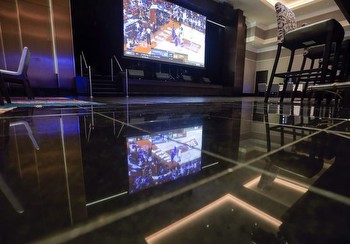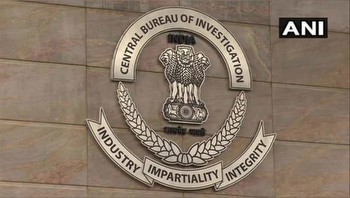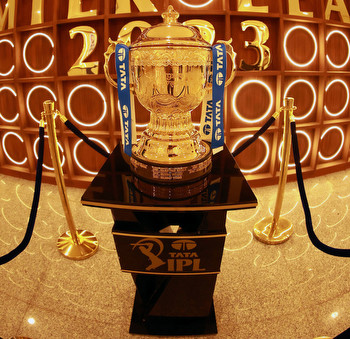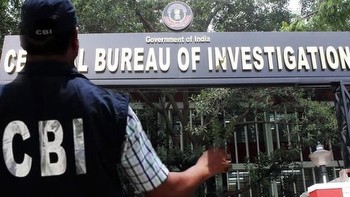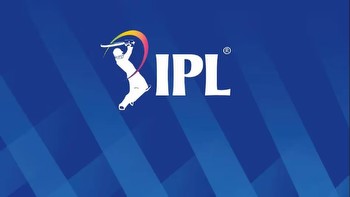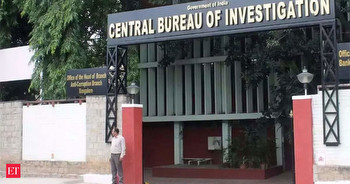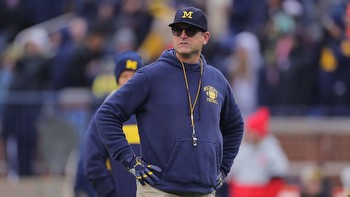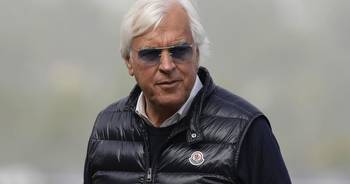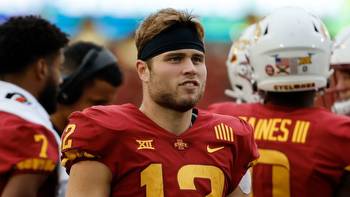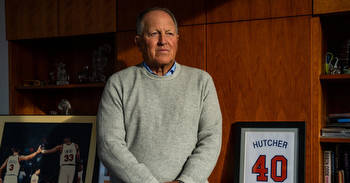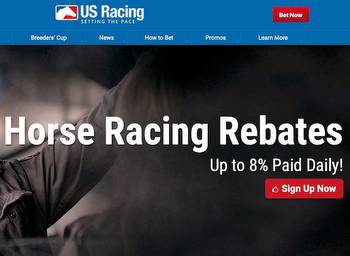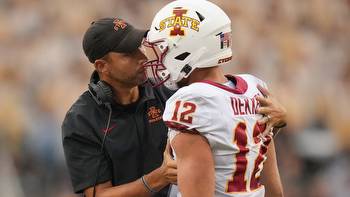Knicks-Raptors lawsuit: Answering 6 lingering questions
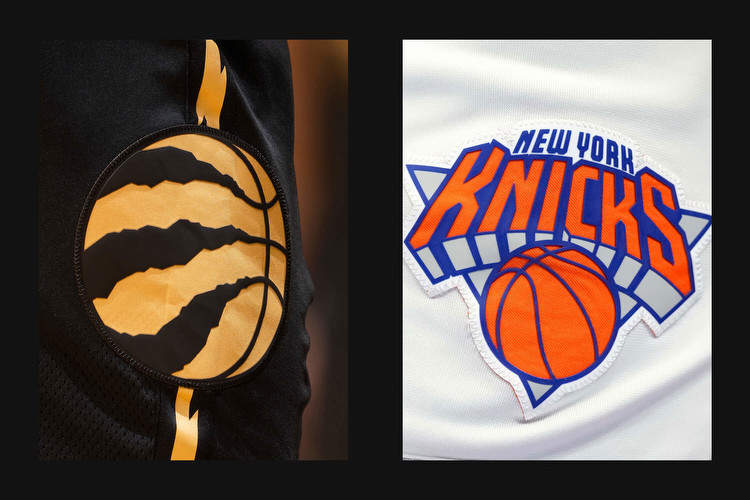
On Monday, the New York Knicks filed a lawsuit against the Toronto Raptors and their parent organization, Maple Leaf Sports and Entertainment, alleging that one of the Knicks’ former employees took proprietary information to his new job in Toronto under the direction of Raptors head coach Darko Rajaković.
The suit alleges the Raptors lured Ikechukwu “Ike” Azotam, the Knicks’ former director of video, analytics and player development, to a new job in Toronto, and that Rajaković knowingly used the information to help build his staff and plans as a first-time NBA head coach.
In a statement, MLSE and the Raptors acknowledged receiving a letter from MSG, the Knicks’ ownership group, on Aug. 17 about the issue. MLSE added in its statement that the company told the Knicks that it intended to conduct an internal investigation and “fully cooperate,” but received no notice from the Knicks that a lawsuit was imminent. The statement also said that MLSE “strongly denies any involvement in the matters alleged.”
The Knicks filed the suit on Aug. 21 in federal court in New York’s Southern District.
There is a lot to unpack in the lawsuit, as well as in the Raptors’ response. Here are some thoughts and questions that are lingering.
Why did the Knicks sue instead of rectifying this another way or through the NBA itself?
We still don’t know. It’s not like this is a legal matter that has been brewing.
In the suit, the Knicks say they first became aware of these allegations on Aug. 15, a day after Azotam officially departed the organization. The Raptors say the Knicks reached out to them two days later. On the following Monday, Aug. 21, the Knicks filed a lawsuit that came together over the preceding weekend.
People in the league office were surprised when the suit dropped Monday, said league sources, who were granted anonymity so they could speak freely.
Normally, the NBA handles issues like this. If someone allegedly breaks a rule, the league investigates and, if necessary, disciplines the involved parties. The Knicks opting to go to court is what separates this from your regular old tampering investigation, in addition to the nature of the allegations.
The Athletic has asked the NBA for comment several times since Monday, but the league has yet to provide one. How the league decides to handle one of its teams suing another remains in question, too.
Do the Knicks have enough evidence?
The lawsuit does not include just allegations of wrongdoing but also provides ones about motivations. It refers to Azotam as a “mole,” working on behalf of the Raptors during the end of his employment with the Knicks. It also alleges that Azotam did this at the directive of Rajaković, who the Raptors hired to become their new head coach in mid-June.
The speculative nature in the lawsuit of what the Knicks perceived as Rajaković motivations, and the attribution to his “non-traditional coaching path,” which includes nearly a decade of assistant coaching in the NBA, were sure to get the Raptors’ attention.
“As a first-time NBA coach, Defendant Rajaković would be expected to bring his own organizational structure and coaching method,” the lawsuit reads. “Apparently, given his non-traditional path to his head coaching job, Defendant Rajaković did not have his own, so he chose to exploit the Knicks’ methods.”
While the Knicks say they have evidence of proprietary information changing hands, the lawsuit does not include evidence to support motives, something that remains true for the bits involving Rajaković. Proof could come later.
If this suit is not settled or dropped, it will enter the “discovery” phase, which brings further investigation. For now, the Knicks have access to emails that are in their own system. However, they cannot see correspondence on the Raptors’ side. They cannot see Rajaković’s phone history.
The Athletic spoke with a lawyer who has a background in litigation to provide an expert perspective on this case. The lawyer was given anonymity in order to speak freely.
“There is no obligation at this point to put in evidence,” the lawyer said. “… I interpreted your question as that they don’t really back up their claims (about Rajaković’s motivations), and I think they would say, ‘We agree. That’s why we filed the lawsuit. We don’t have all the information now. But once we get text messages and emails from the other side, then it’s different.’ So I guess they’ll say all that stuff is to come and if we’re wrong about the motivations, we’ll be wrong about the motivations.”
What if the Knicks are wrong about motivations? Could the defendants countersue for defamation?
Probably not. It’s challenging to form a defamation case for statements made in court or a filing.
“If things are gonna cut one way, they should cut in the way of council zealously representing their clients without penalties on the backend,” the aforementioned lawyer said. “But there are penalties for lying. Even in cases that are extremely meritorious, allegations about motive, intent and state of mind are always alleged vaguely because that’s the way you try to position the case. It’s perfectly correct to say, we don’t exactly know what the motivation was because we haven’t interviewed or examined the person and you just have to bring up other factors.”
Penalties could include the Knicks having to pay for the defendants’ legal fees. But those are rare.
Motivation is notoriously difficult to prove in court, as well.
“Think about what hard evidence (MSG does) put in their lawsuit,” the lawyer said. “They do put in references to emails that the guy had sent from his professional account to his personal account. They can put that in because they have the means to discover that information without having to ask anyone for anything. They have access to their email systems. Conversely, evidence about what someone’s motivation was; it’s not like you can just look into information systems you control and figure out why people were doing things. The way you have to prove that over the life of a case.”
Why are 10 John Does named as defendants?
The lawsuit alleges there are 10 Raptors employees “who improperly obtained Knicks proprietary information.” But their identities remain unknown.
The Knicks are banking that they can find out more information about those people’s identities later in the process.
“The reason why it’s permitted is that from their perspective, they would say, we don’t need to know their names and addresses at this point to assert our claims in court,” the anonymous lawyer said. “The context here is that they are trying to allege that it was not just one rogue employee.”
What does the Raptors’ response indicate?
The only thing we know for sure is that the Raptors received a letter from the Knicks last week, and then a lawsuit was filed two business days later. It is unclear what, if anything, the Knicks asked the Raptors to do about the allegations.
Notably, MLSE and the Raptors’ statement says “the company” denied any involvement in the alleged matters. That presumably refers to Maple Leaf Sports and Entertainment, and not individuals employed by the Raptors specifically. That makes sense, given that even if the company planned on doing a thorough internal investigation, there is no way it could have been completed by Monday, and therefore MLSE would commit to saying as little as possible.
The statement does not preclude MLSE from later finding that Rajaković, or anyone else employed by the Raptors, violated laws or league rules.
Beyond their official response, how will the Raptors react to the lawsuit? How about the NBA?
In their statement, MLSE and the Raptors said they would “reserve further comment until this matter is resolved to the satisfaction of both parties.”
Internally, the key thing for the Raptors to understand is whether anybody within the organization directed Azotam to steal the Knicks’ proprietary information and send it to the Raptors. While the lawsuit plainly says that Azotam sent scouting reports of the Pacers and Nuggets from his Knicks email to his new Raptors email address while he was still employed by the Knicks, it only alleges these items were shared with “Raptors Defendants at their request.” The suit does not go into detail about the proof of those requests being made.
It is unclear how much the Raptors or the NBA would weigh intent versus action, assuming that either party acts before the suit plays out in the courts or in behind-the-scenes discussions. In most cases, the NBA waits until legal proceedings play out before deciding on potential punishment for players and teams. It is a safe bet the league will do the same here, which does not preclude the NBA from putting pressure on the parties to resolve the issue behind the scenes before it goes to court.


